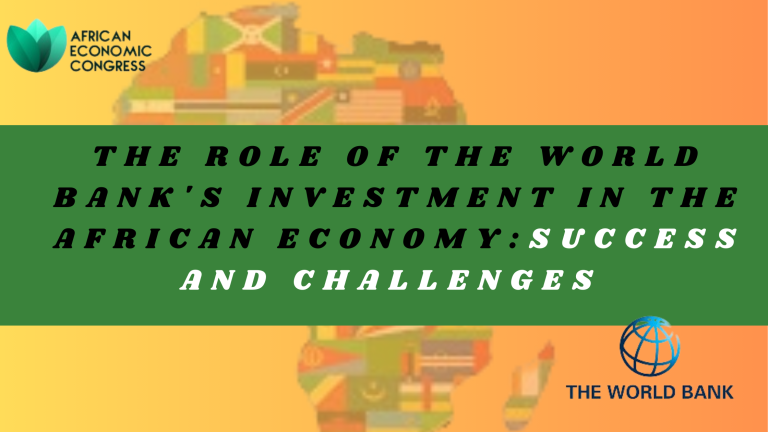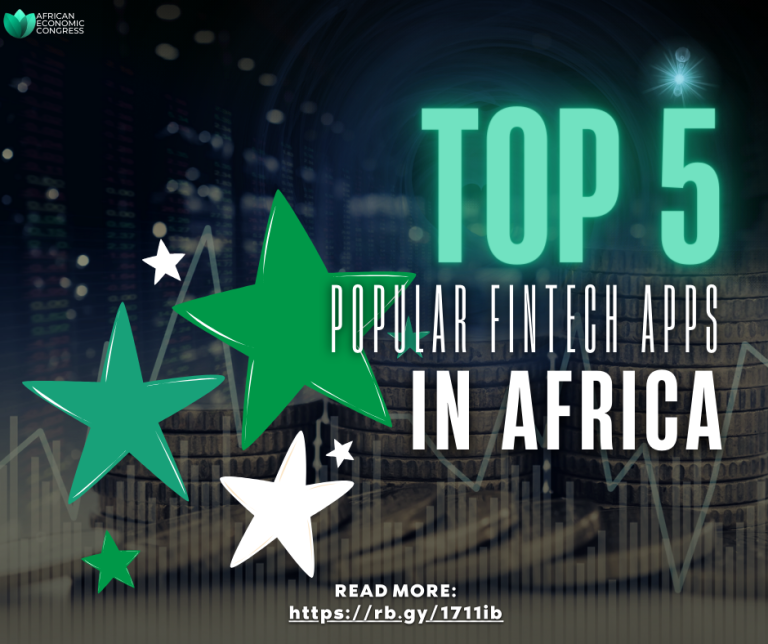The World Bank’s influence in Africa has profoundly shaped the continent’s economic path. For decades, the Bank has provided loans, grants, and technical assistance, particularly in times of financial crisis, to promote economic stability and growth across African nations. While many countries have benefitted from enhanced infrastructure and increased economic stability, the impact of World Bank policies is often debated. Some argue these policies have, at times, hindered social development and economic self-sufficiency.
Historical Context and World Bank Establishment in Africa
The World Bank’s involvement in Africa grew significantly during the 1980s debt crisis. Faced with rising debt, many African countries turned to the World Bank and the International Monetary Fund (IMF) for support. In response, the World Bank introduced Structural Adjustment Programs (SAPs) to promote economic stability. These programs aimed to reduce public spending, encourage trade liberalisation, devalue local currencies, and increase privatisation to drive economic efficiency and stability across African nations.
Key Contributions of the World Bank to African Economic Reform
Enhancing Fiscal Discipline and Economic Stability
During the 1980s, SAPs promoted fiscal discipline in response to the continent’s debt crisis. These programs focused on controlling inflation, reducing budget deficits, and stabilising currency values. As a result, several countries developed more predictable economic frameworks, fostered private sector growth, and adopted strategies that attracted foreign investment.
Infrastructure Development
Infrastructure improvement has been a cornerstone of the World Bank’s involvement in Africa. By financing projects related to transportation, energy, and agriculture, the Bank has played a vital role in promoting industrialisation and improving connectivity across the continent.
Poverty Reduction and Social Inclusion
In recent years, the World Bank has shifted its focus from SAPs to policies that promote poverty reduction and inclusive growth. Programs now address social equity, climate resilience, and gender equality, with initiatives like the International Development Association (IDA) supporting healthcare, education, and environmental sustainability through low-interest loans and grants.
Supporting Sustainable Development Goals (SDGs)
Aligned with the African Union’s Agenda 2063, the World Bank now promotes initiatives focused on sustainable development, particularly in green energy, digital technology, and social infrastructure. This approach supports economic opportunities for younger generations and enhances African nations’ participation in the global economy.
Challenges and Criticisms of World Bank Policies in Africa
Social Impacts of Structural Adjustment Programs (SAPs)
While SAPs promoted economic discipline, they also required significant cuts to government spending on essential services such as healthcare and education. This reduction in public funding weakened social services, impacting low-income populations most severely. Critics argue that SAPs contributed to higher poverty rates and reduced job opportunities in many African nations.
Vulnerability to Global Market Shocks
The World Bank’s emphasis on trade liberalisation exposed African economies to global market volatility. By promoting open markets, African countries became more reliant on exports, particularly commodities, which are highly susceptible to global price fluctuations. This reliance has left economies vulnerable to external shocks and widened economic disparities.
Concerns over Privatisation and Sovereignty
Privatisation, a major component of World Bank recommendations, often involved transferring government-owned assets to private entities. In some cases, this shift led to foreign ownership of critical industries, raising concerns over national sovereignty and control of resources.
World Bank policies have undeniably reshaped African economies, fostering infrastructure development and fiscal discipline. However, the limitations of early approaches highlight the need for reforms that respect Africa’s socioeconomic diversity and empower local stakeholders. As the World Bank continues to implement its strategies, the challenge lies in balancing external support with local empowerment. Building an economy that fosters self-sufficiency, safeguards social welfare, and promotes sustainable growth remains essential for African nations striving for long-term development.
You can also read about The role of the World Bank’s investment in the African Economy: Success and challenges



